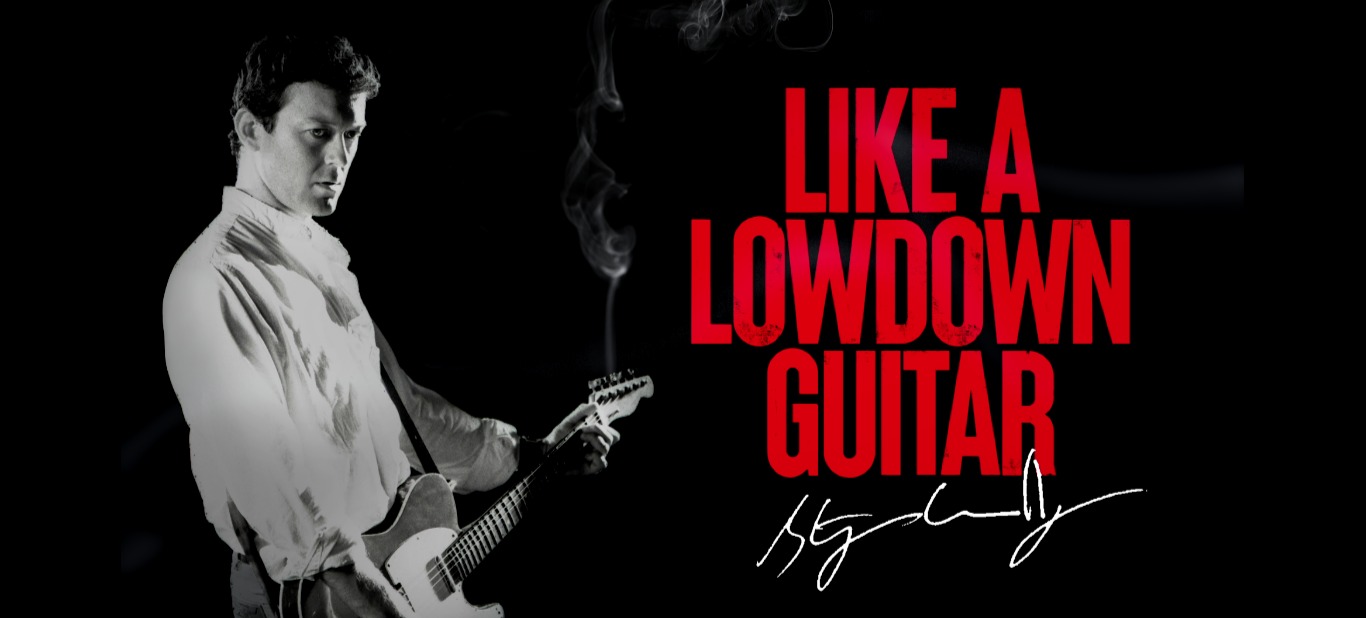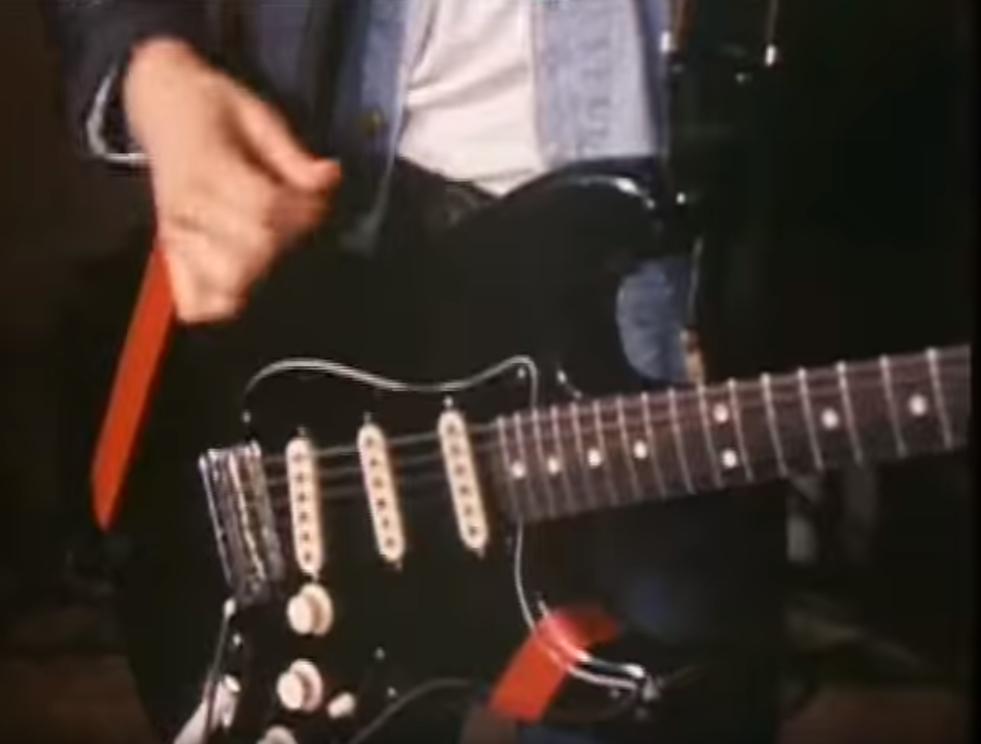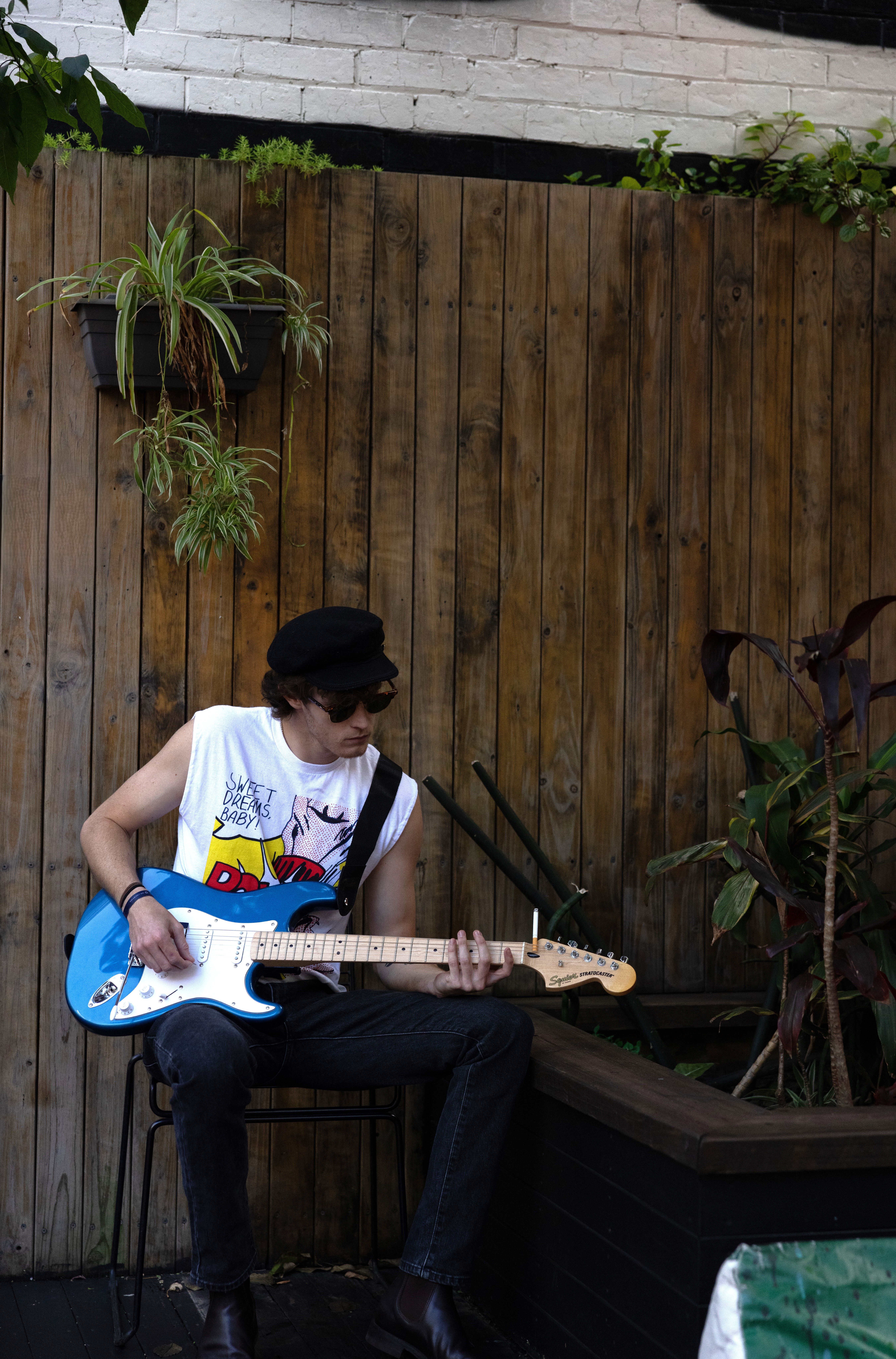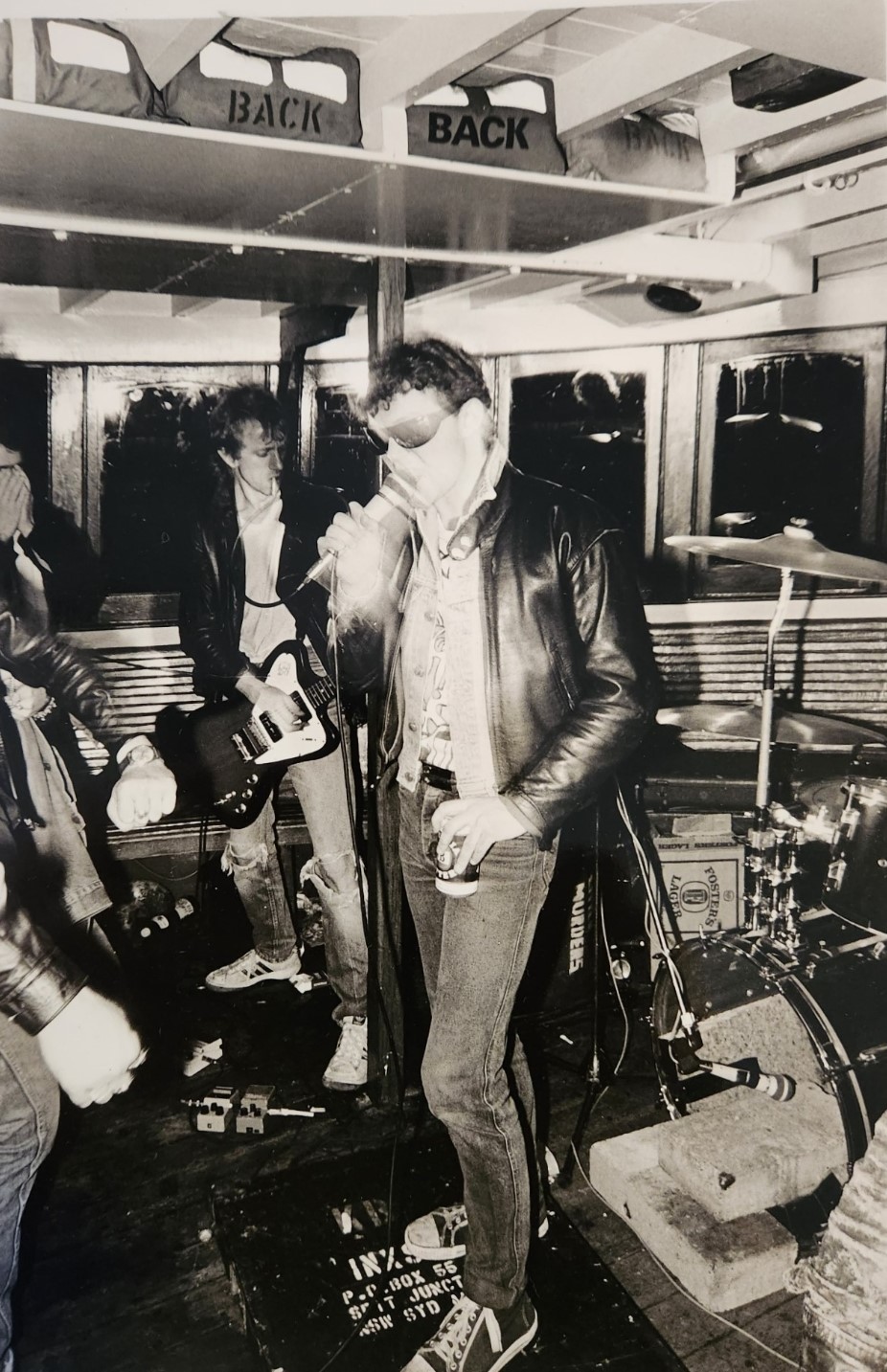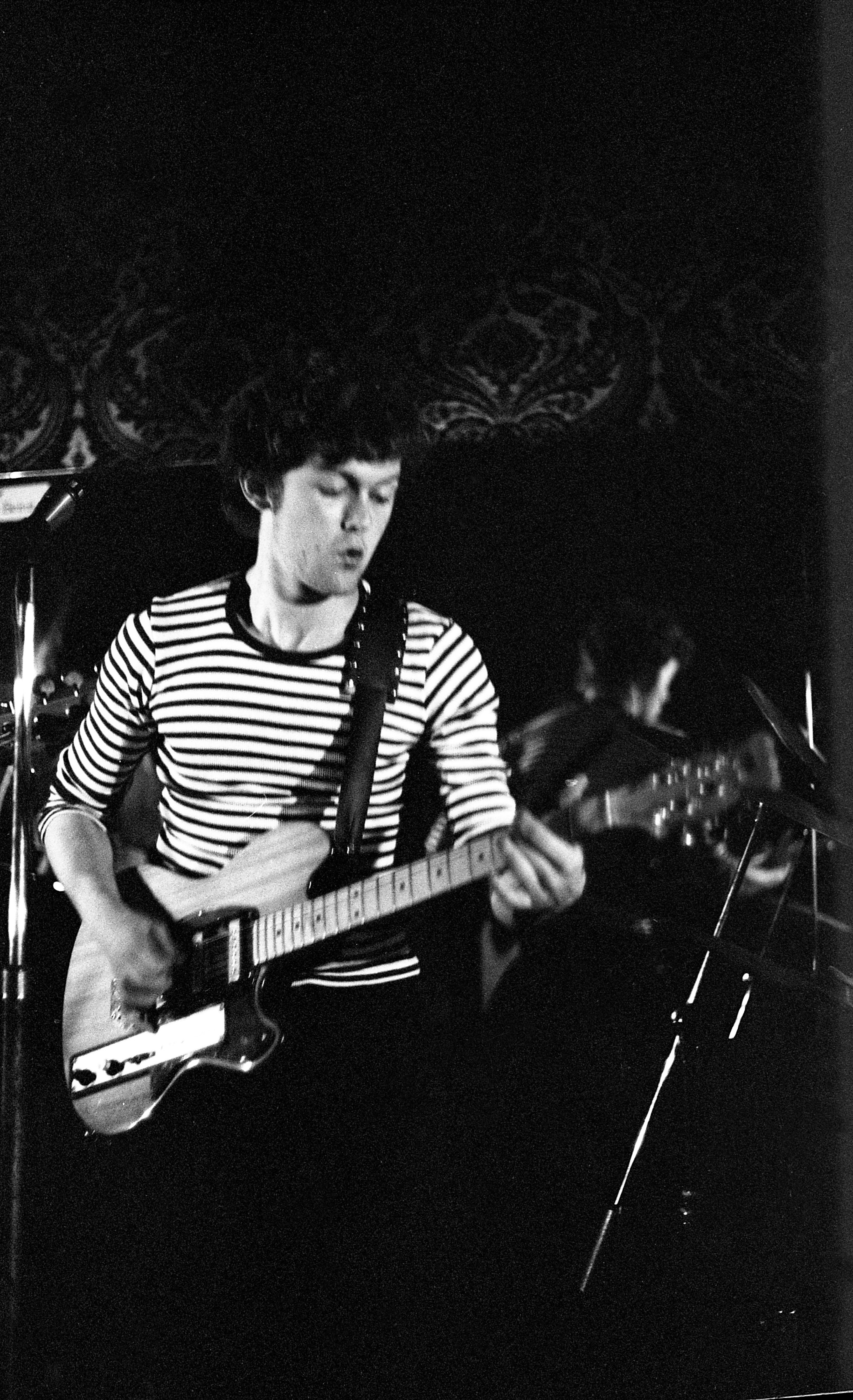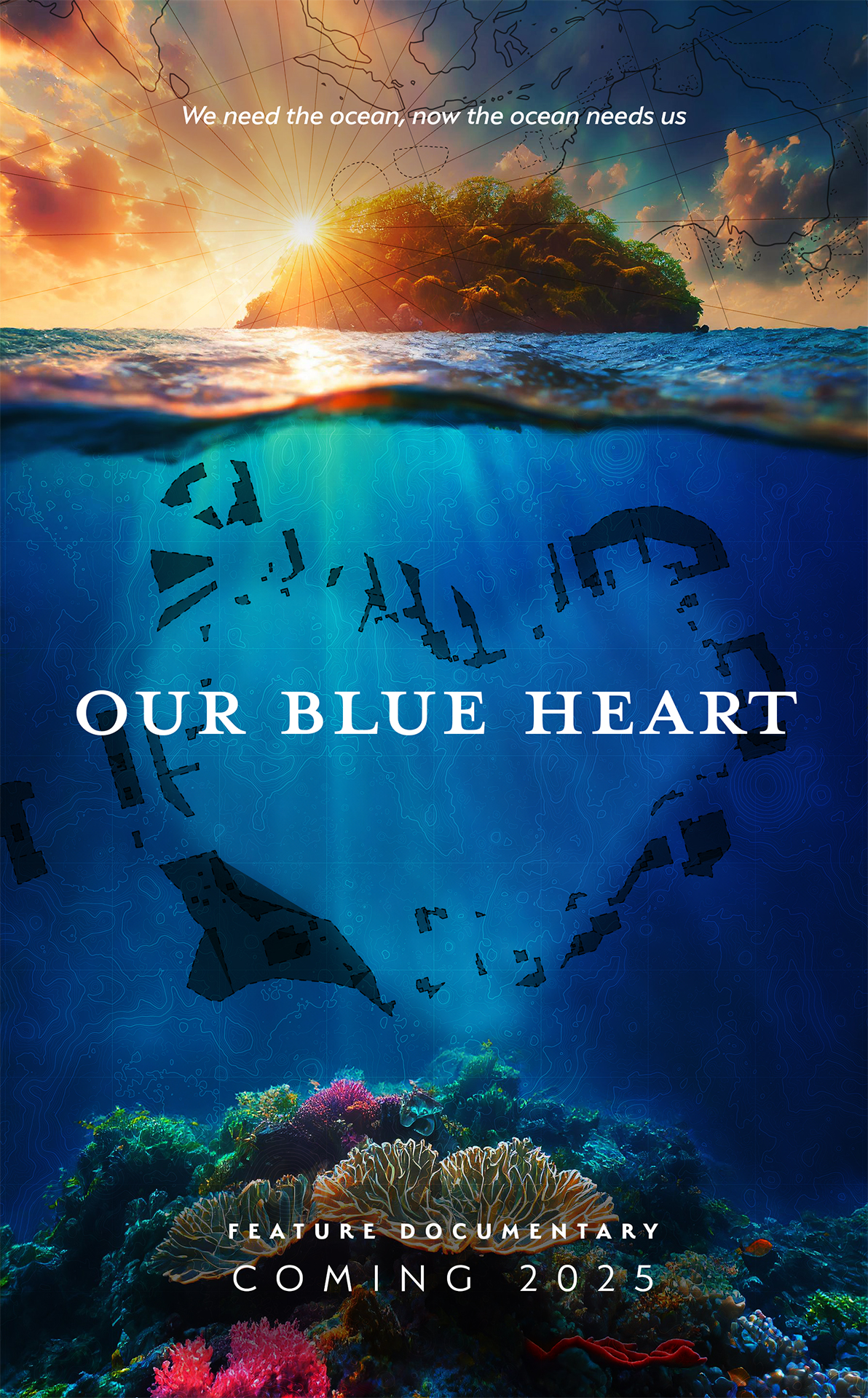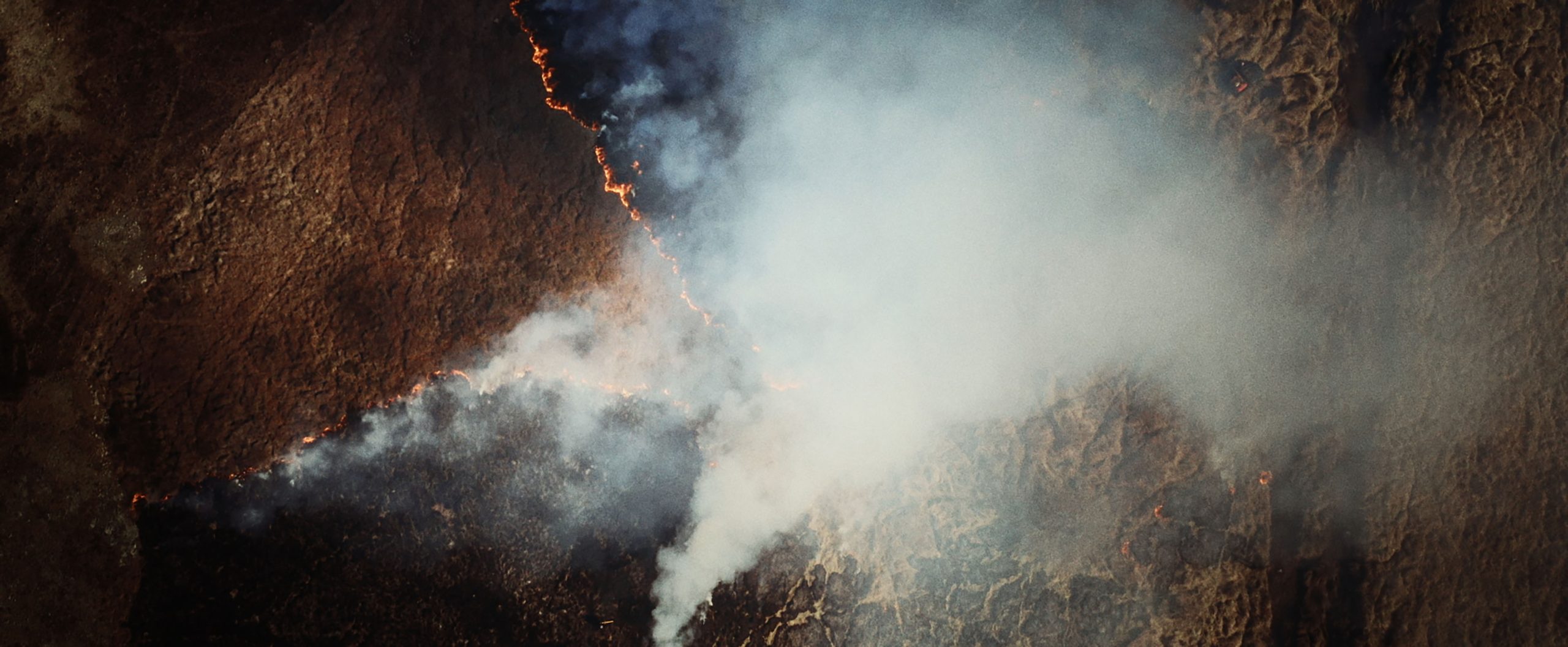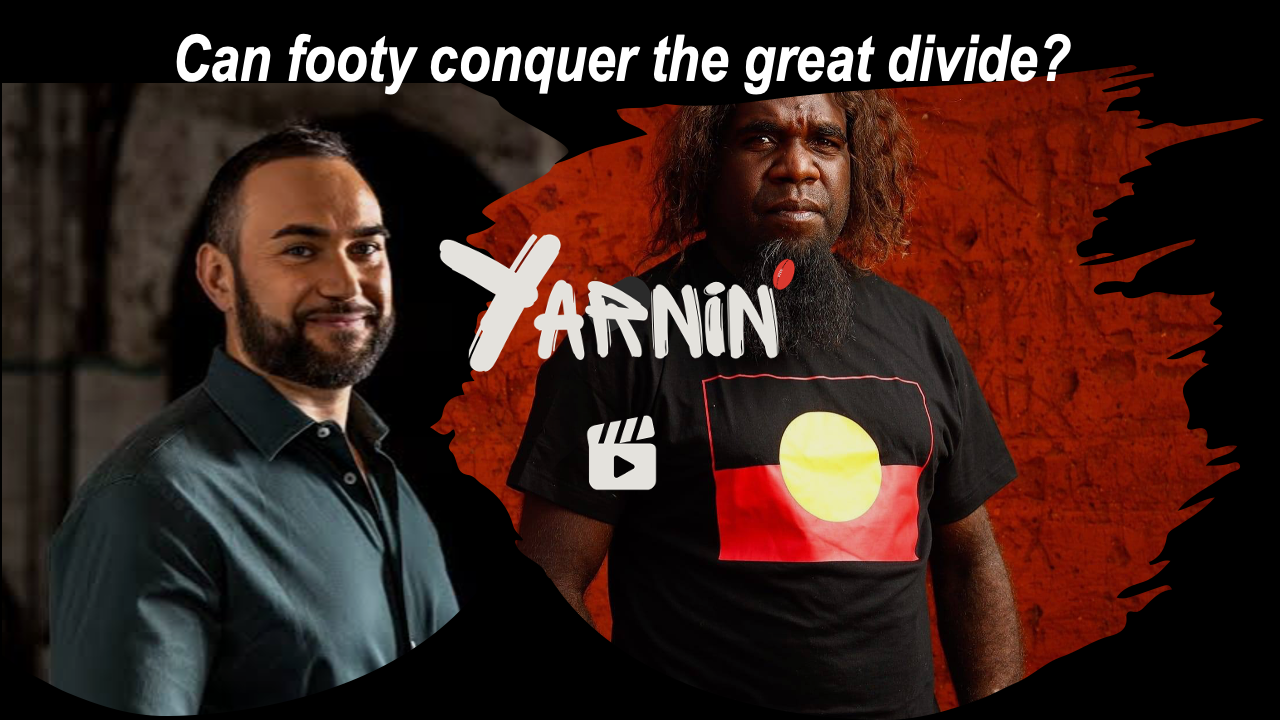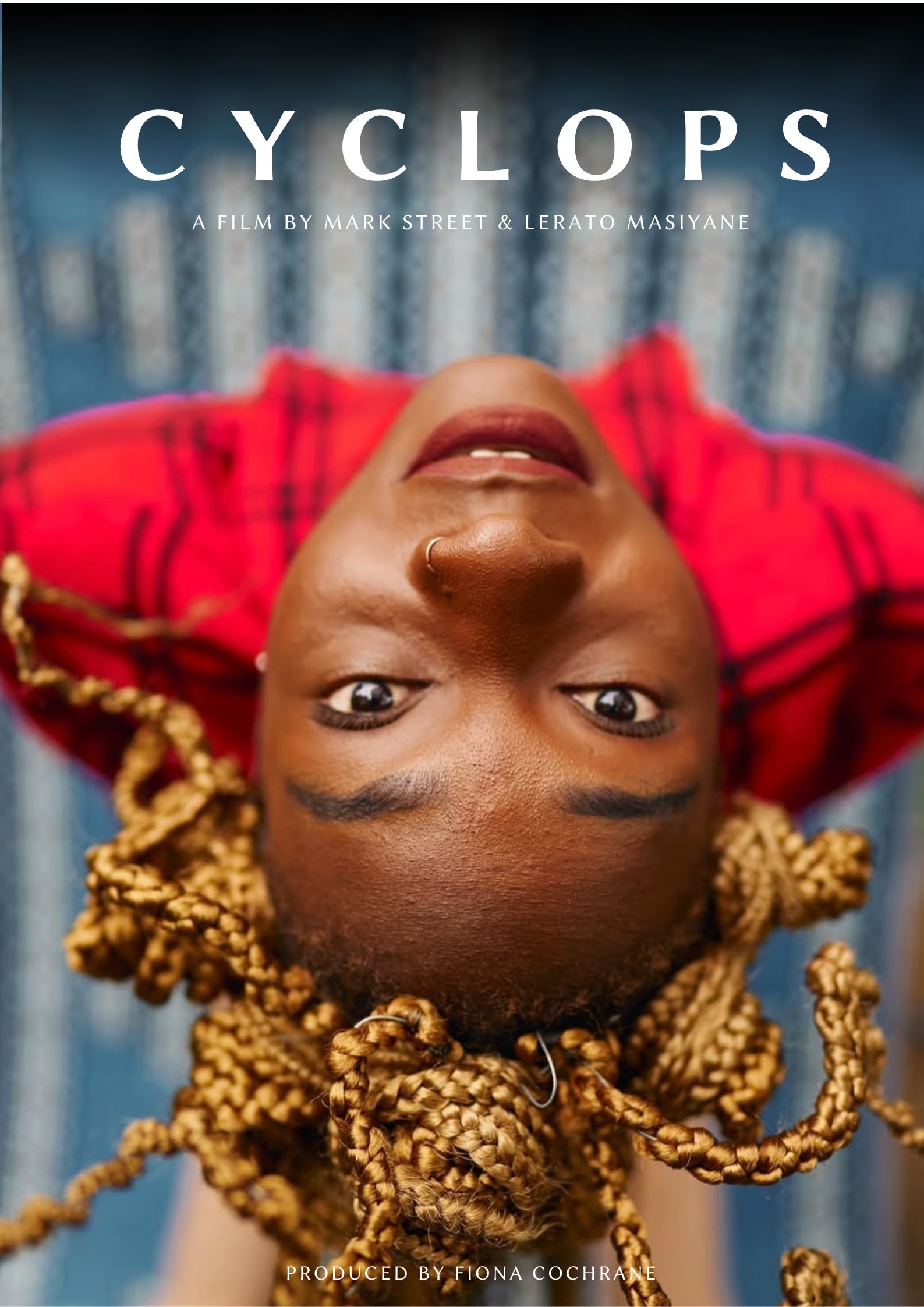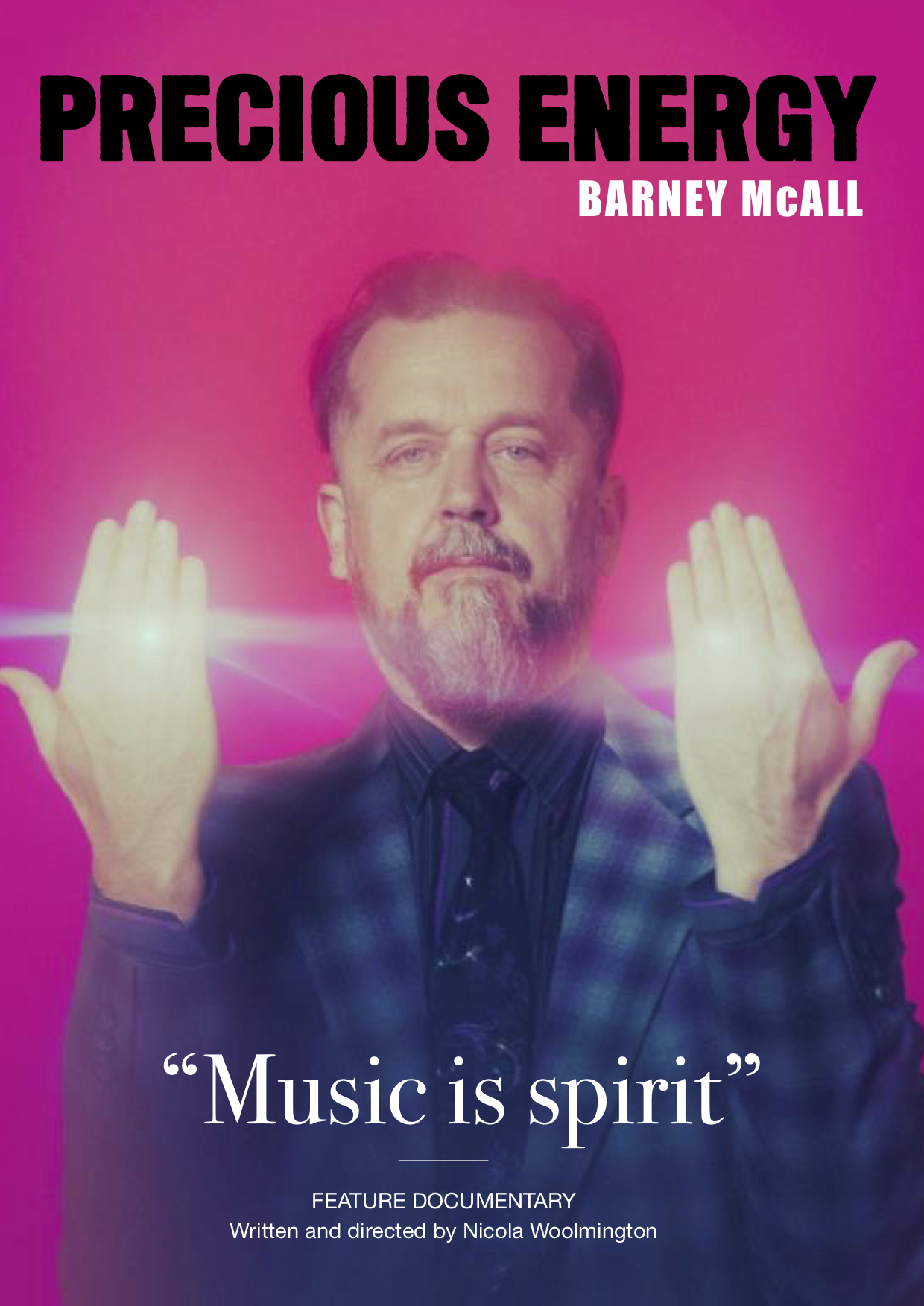Synopsis
Steve Connolly? Say his name and most people say, ‘Who?’ But he was a guitarist that touched us all. His lead breaks are part of the fabric of our nation. He played lead guitar on some of the most memorable tracks of the eighties as part of Paul Kelly’s band, The Coloured Girls (later renamed The Messengers). Those lead breaks from ‘To Her Door’, ‘Leaps and Bounds’ and ‘Before Too Long’ are Steve’s. You’ve been humming them for decades. Steve was also a catalyst behind the rise of the two most influential Aboriginal singer/songwriters Australia has even seen, co-producing Archie Roach’s Charcoal Lane and Kev Carmody’s, Eulogy for a Black Person. And yet he has not been given recognition for his contribution. As time goes by the thread of his influence has been diluted. Other guitarists now play those lead breaks but never with the same touch. Steve is Australia’s forgotten guitarist. His playing reminds us there is beauty in simplicity, in saying more with less. Like a Lowdown Guitar is a love letter to the independent music scene 1980 – 1995, the era before social media, mobile phones and the internet. Steve passed away suddenly at the age of 36 in May of 1995 but his spectre hangs over every part of this film as his friends, family, industry professionals and fans recount that era and Steve’s role in it.
Photographic images courtesy of Stuart Spence, Lawrence Markham, Bryan Cook, Mark Ray, Liz Reed, and Tony Mott in the image gallery below.
Story
Steve Connolly was born into a family of vaudevillians, leftists and writers. He lived fast and loose with a ‘stick it to the man’ vibe. His schooling at the controversial Brinsley Road Free School encouraged the pupils “not to colour in, but to colour out.’ An ideas man from an early age he was focused and determined to forge a musical path for himself.
Like a Lowdown Guitar recounts the independent music scene from 1980 -1995. The cultural cringe that had straitjacketed the country in the late 70s was giving way to a feeling that Australia was embracing it’s own culture at last. Women were fighting hard to earn an equal footing, as were indigenous artists. A time of great social change. The independent live music arena was a shot in the arm for anyone who wanted real change. The film details Steve’s early teenage bands including Cuban Heels with mate Spencer P Jones, as well as The Sex Flintstones, and The Zimmermen with John Dowler. Paul Kelly’s career started in the late 70’s with his bands, The High Rise Bombers and The Dots, but on meeting Steve, Paul saw a grit in him, he saw someone he wouldn’t be able to push around. Moving to Sydney they formed The Coloured Girls/ Messengers who were, drummer Michael Barclay, bassist Jon Schofield and keyboardist Peter Bull (augmented later with percussionist Ray Pereira and occasionally starring the talents of Chris Wilson on harmonica). They were key in elevating Paul’s well observed lyrics about Australian life and Aboriginal history. After 7 years and 6 albums (Post, Gossip, Under the Sun, So Much Water So Close to Home, Comedy and Hidden Things) the band ended.
The film also delves into the societal change that was happening during the 1980’s which echoed the highs and lows of Steve’s life. Discussing mental health, depression and substance abuse in this era with few guardrails for creatives.
Steve’s career after the Messengers was varied. It was hard to climb back to those heights again quickly. He expanded his skills with the Celtic folk rock of The Troubles as well as recording a demo with Steve Lucas (of X). Never one to stand still he turned his hand to producing, taking the reins for albums with Kaarin Fairfax and Kev Carmody. He had already co-produced Archie Roach’s ‘Charcoal Lane’ in 1989 and found he enjoyed that type of work. He would also play on and produce an EP for Sherry Rich and The Grievous Angels. But by 1994 Steve’s long neglected health began failing. His new band, The Usual Suspects, began working with ex-Divinyls bassist/producer and engineer Tim Millikan. All the instruments and his voice had been recorded and they were waiting for a space to appear in the Atlantis studio schedule when Steve fell seriously ill and passed away from a bacterial infection of the heart. His last album was posthumously released.
Steve’s musicality shines consistently across his whole career however. He held firm views on many topics but that opinionated trait was only seeking to push creativity forward, to make the song better. His guitar was integral to Paul Kelly’s early success. He built on what others had tried, transposing that chiming Strat tone from the 60s into the noisy pub rock arena. A heavy strummer, he could play driving rock but he wasn’t a shredder. He could play fast notes but instead preferred to add space to his lead breaks, allowing the other musicians to shine. And yet his dynamic flourishes and that hypnotic following of the melody in that lowdown style heightened the emotion of the song. Very few guitarists can mimic his style. It was pure talent on the strings. The lyric from ‘Too Her Door’ is apt – ‘and his heart was singing like a low down guitar’. Steve’s melody lingers. As a die hard Dons fan he would be pleased with the paving stone that lies at Windy Hill in his honour (original home ground of the Essendon Bombers). This film is a celebration of Steve’s life and musical work and a critique of the period he thrived in.
Thank you to those who have agreed to be interviewed – it’s a long list of independent music greats. “This film acknowledges the Turrbal/Yuggera people of Meanjin. The filmmakers would also like to pay their respects to Elders past and present and extend that respect to other Aboriginal and Torres Strait Islander lands who are represented in this documentary.”.
Production Stage
- Development
- Production
- Post-production
- Completed
- Outreach
DURATION: 98 MINUTES
Issue area
CONTACT FILM TEAM
